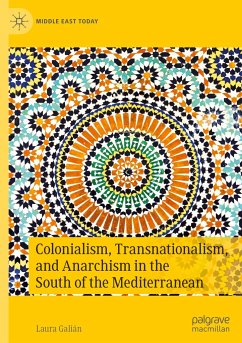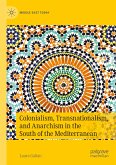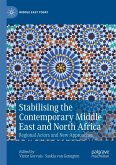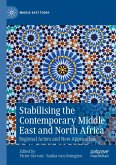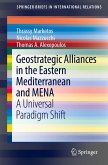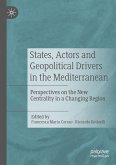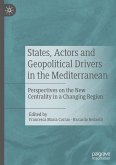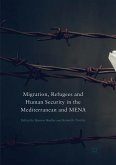This book explores the unsettling ties between colonialism, transnationalism, and anarchism. Anarchism as prefigurative politics has influenced several generations of activists and has expressed the most profound libertarian desire of Southern Mediterranean societies. The emergence of anarchist and anti-authoritarian movements and collective actions from Morocco to Palestine, Algeria, Tunis, Egypt, Lebanon, Syria and Jordan has changed the focus of our attention in the last decade. How have these anarchist movements been formulated? What characteristics do they share with other libertarian experiences? Why are there hardly any studies on anarchism in the South of the Mediterranean? In turn, the book critically reviews the anti-authoritarian geographies in the South of the Mediterranean and reassesses the postcolonial status of these emancipatory projects. Colonialism, Transnationalism, and Anarchism in the South of the Mediterranean invites us to revisit the necessity of decolonizing anarchism, which is enunciated, in many cases, from a privileged epistemic position reproducing neocolonial power relations.
